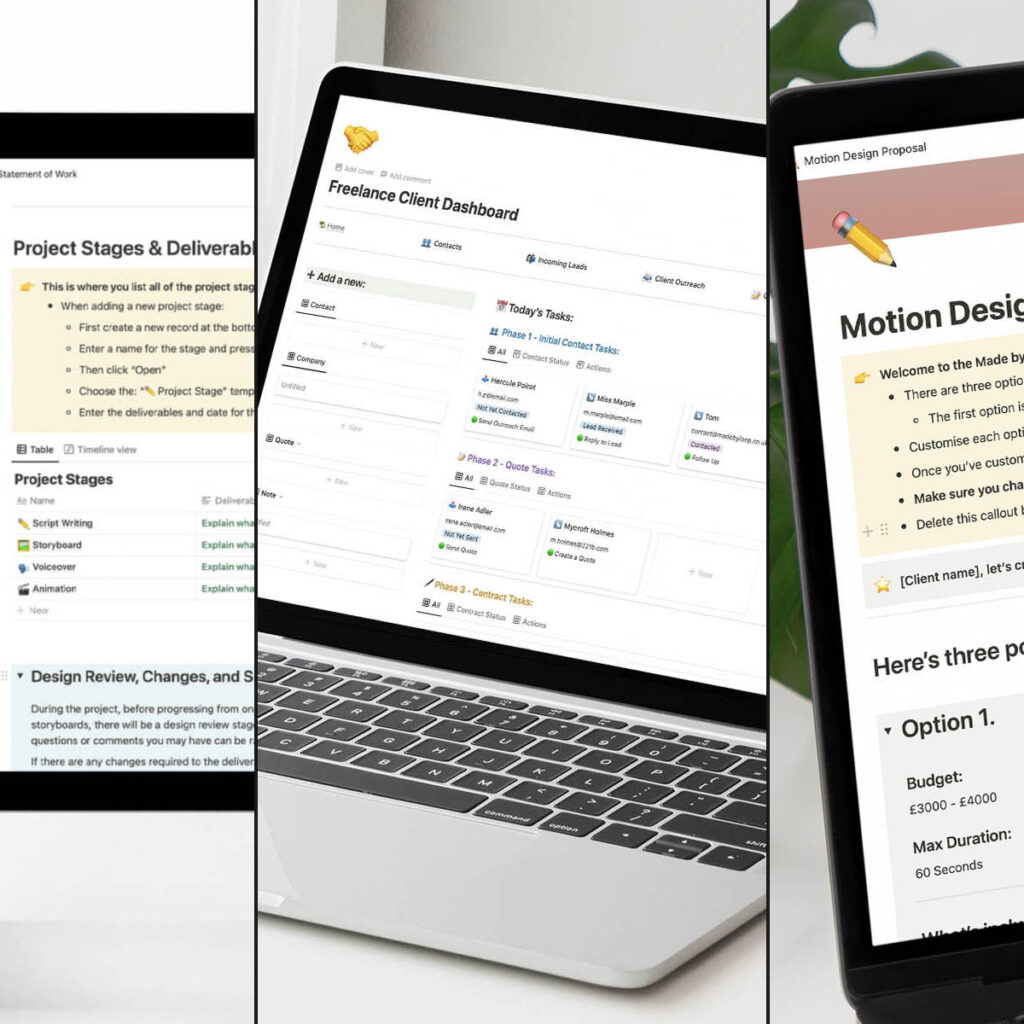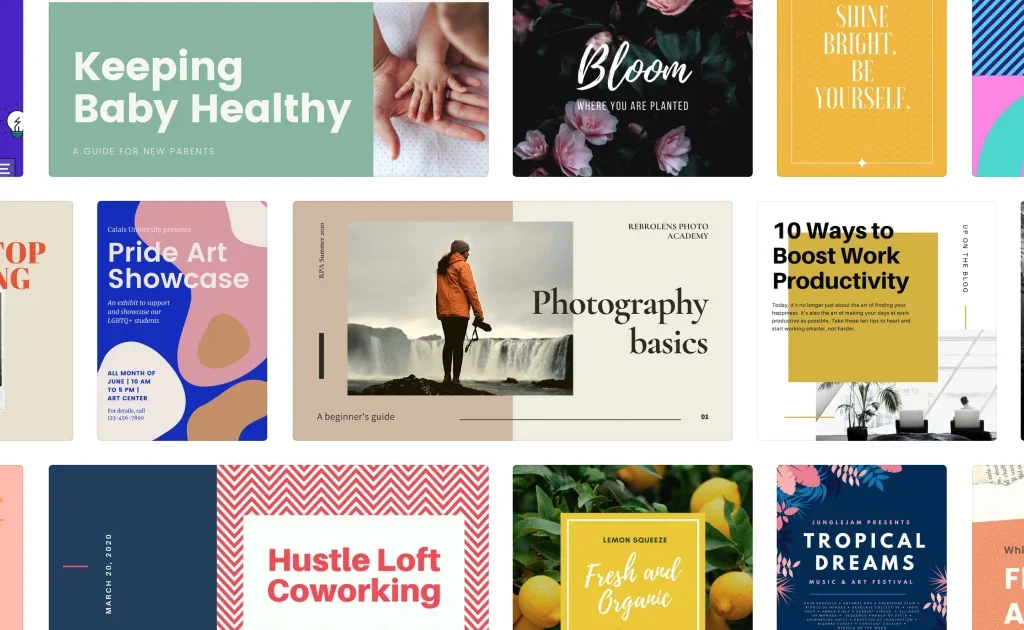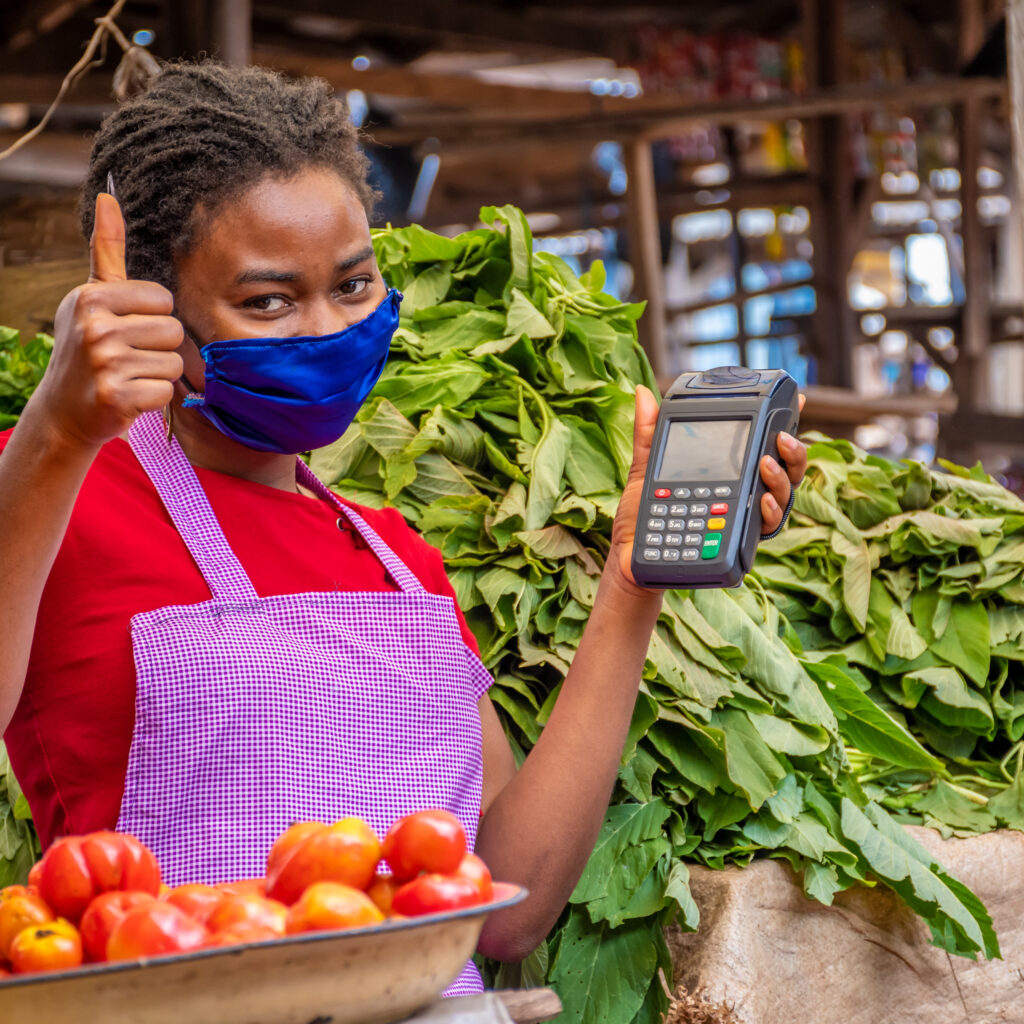2025 is officially the year African creators cash in on their digital products.
The game has changed. Mobile payments are everywhere, platforms like Selar and Paystack make payouts a breeze, and buyers across the globe are hungry for fresh, authentic African content, be it an e-book on agripreneurship, an Afrobeats loop pack, or a ready-to-use Canva template.
This guide breaks down 7 digital products for African digital marketers that hit the sweet spot of low start-up cost, high profit, and massive demand. Ready to package your skills, upload once, and get paid while you sleep? Let’s dive in..
Why Digital Products Are a Game-Changer for African Digital Marketers
Today, the internet is essentially a giant street market that never closes. Since 2016, that market has practically doubled in size global e-commerce sales shot up almost 60 % to hit about $27 trillion.

1. The Rails Are Finally In Place
Remember when paying online from Lagos or Accra felt like juggling flaming jollof? Those days are fading fast. Analysts on Africa24 TV say four in every ten Africans will be active online shoppers by the end of 2024, thanks to rock-solid mobile money, Paystack, Flutterwave, and even Apple Pay rolling into major cities.
2. A Creator Boom Looking For Something To Sell
The African creator economy is already worth about £2.4 billion, and a Guardian-cited report predicts it will grow fivefold by 2030 as Gen Z storytellers flood TikTok and YouTube.
Zoom out and the momentum looks even wilder: Coherent Market Insights pegs the global creator economy at $202 billion in 2025, rocketing to $848 billion by 2032 (22.7 % CAGR) with the Middle East & Africa flagged as one of the fastest-rising regions.
3. Low Cost, High Upside
Digital products for African digital marketers tick three boxes:
- Zero inventory headaches – no shipping strikes or port delays.
- Borderless sales – your Notion template in Nairobi is just as valuable in New York.
- Passive income potential – create once, cash in repeatedly while you sleep or sip bissap.
4. Culture Travels Better Than Ever
From Afrobeats loop packs to Swahili UX copy libraries, the world is craving authentic African flavor. When you package that cultural gold into a download, you avoid currency limits and pay gaps. This way, you keep the biggest share for yourself.
Bottom line? The infrastructure is ready, buyers are primed, and the numbers are screaming “Go digital.”
If you’ve got a skill and Wi-Fi, 2025 might be the easiest time in history to turn a PDF, preset, or course into real cash. Let’s jump into the specific digital products African digital marketers should consider selling
The List (2025 Edition)
1. Niche E-books & Mini-Guides ; the 30-page money-makers
Think of them as small portions of knowledge, like plantain chips. They are snack-size PDFs (30-60 pages) that solve one specific problem a reader can’t find on Google in five minutes. No fluffy 300-page manifesto, just straight-to-the-point, “do-this-next” steps.
Hot digital-marketing micro-niches for 2025
| Micro-Guide Idea | Why it’ll fly in Africa right now |
| WhatsApp Broadcast Sales Funnels for SME Retailers | 8 in 10 customers say they’d rather shop via WhatsApp than a clunky website. Teach shops how to turn DMs into daily orders. |
| TikTok Ads Blueprint for Ghanaian Fashion Brands | Fashion is Ghana’s #1 TikTok search category, but most boutiques still boost posts blindly and show them budget-smart ad targeting. |
| Instagram Reels Growth Hacks for Afro-Beauty Influencers | Beauty hashtags dominate IG Africa; a 20-page swipe file of hook ideas and caption formulas is gold. |
| Local SEO Playbook for Nigerian Restaurants | “Jollof near me” has doubled in Google searches—help eateries rank before lunchtime. |
| Mobile-Money Checkout Integration Guide (Paystack & Flutterwave) | Cart-abandonment rates drop 35 % when MoMo is an option—walk devs through the API in plain English. |
| LinkedIn Carousel Framework for African Consultants | Thought-leaders crave authority but hate writing long posts; carousels = shareable credibility. |
| Email Automation Mini-Course with MailerLite + Selar | Course sellers need drip sequences that don’t break the bank—give them copy-paste templates and a setup checklist. |
(Feel free to swap in your specialty if you’re the “Facebook Ads for Food-truck Owners” wizard, go for it.)
Why do people keep buying these “micro-learning” snacks
- Time poor, data conscious – A 40-minute read beats a 10-hour course when bundles cost money.
- Micro-learning is growing fast – Global micro-learning revenue is expected to reach US$7.9 billion by 2030. This shows a 12% annual growth rate. Educators in Africa see it as a top area for growth.
- Instant implementation – Readers can try tip #1 tonight and brag by morning, built-in word-of-mouth marketing.
Pro Tip: Use Selar’s built-in “pay what you want above X” toggle to let super-fans tip extra while casuals still jump in.
How much should you charge?
Most top-selling guides on Selar sit comfortably between US$7 and $19 (about ₦10k–₦30k). Cheap enough for impulse buys, high enough to feel “premium coffee” instead of “spare change.” Test bundles (e.g., main guide + checklist) at the upper end for power users.
The truth is, if you can explain one thing better than anyone else, you have a chance to earn money. You can create digital products, even if it’s about growing cacao seedlings or understanding the Nollywood meet-cute scene. With just one weekend of work in Google Docs, you can start a passive income stream for African digital marketers.
Hit Save as PDF, upload, share the link, and enjoy the sweet ping of midnight sales while you dream of suya.
2. Notion® Dashboards & Template Packs, the digital “Excel sheets on steroids” you can sell in your sleep
These are ready-made workspaces in Notion. People can duplicate them with one click. This helps them feel 10 times more organized. Think of them as easy-to-use command centers. They are perfect for busy founders, marketers, and side hustlers. These users don’t want to start from a blank page.

Digital-marketing-focused Template Ideas for 2025
| Template Pack | Who’s begging for it | Quick selling angle |
| Instagram & TikTok Content Calendar (30-day planner with hook library + analytics tracker) | Freelance social-media managers drowning in Google Sheets | “Plan a month of viral posts in one evening.” |
| Client-Onboarding CRM for Small Agencies | 2-to-5-person digital shops juggling invoices, contracts, tasks | “Stop hunting DMs, keep briefs, calls, and deliverables in one board.” |
| SEO Blog Pipeline Dashboard (keyword research → outline → publish → repurpose tracker) | Solo content writers and niche-site owners | “Rank articles faster, see every keyword’s status at a glance.” |
| Paid-Ads Budget & ROI Console (Facebook, Google, TikTok spend vs. revenue) | Media buyers who lose track of numbers across ad platforms | “Know which ad is leaking cash in 30 seconds.” |
| Affiliate Offer Tracker + Commission Forecast | Influencers promoting multiple brands | “Never miss a payout, auto-calculate monthly earnings.” |
(Swap in your specialty: maybe a “WhatsApp Sales Team Tracker” or “Podcast Sponsorship Pipeline.” If it saves marketers time, it sells.)
Pricing Suggestions
Most creators land easy sales at US$12–29 (₦18k–₦45k). Go tiered:
- Lite (dashboard only) – $12
- Pro (dashboard + Loom tutorial + icons) – $19
- Agency (multi-seat license + future updates) – $29
Pro Tip: Run occasional 72-hour flash discounts to spike urgency, because nobody wants to pay “full price” on the internet.
3. Canva® Social-Media Bundle Kits pre-made posts that let businesses “look like Nike on a noodle budget”

These are drag-and-drop packs of templates for Instagram, TikTok, LinkedIn, X, and Facebook. They include cover images, Reels covers, carousels, Stories, and highlight icons. Buyers duplicate in Canva, swap their colors, paste text, and hit publish. Zero design skills needed.
Why they’re a no-brainer in 2025
- Canva is everywhere. The platform has 185 million users each month. That’s a huge design space for your templates.
- Social demand is increasing. In 2024, South Africa experienced a significant rise in social media use. This trend shows growth throughout the continent. More accounts = more posts to fill.
- Templates save real money. An SME can pay $300+ per month for a designer, or grab your $15 bundle and thank you later.
Template-pack ideas that tap digital marketing pain points
| Bundle Kit | Target buyer | Secret sauce |
| 30-Day IG & TikTok Reels Pack (hooks, CTAs, captions) | Fashion & beauty boutiques | Trend-ready motion graphics, swipe-up arrows, subtitle placeholders |
| LinkedIn Carousel Thought-Leader Pack | Coaches & B2B consultants | Data-story layouts that mimic McKinsey slides without the McKinsey bill |
| WhatsApp Status Flyer Set | Restaurant & food trucks | Bold daily-special flyers sized for Status view + one-tap order QR |
| Black-Friday Countdown Kit | E-commerce stores | Urgency timers, discount badges, and animated confetti overlays |
| Podcast Promo Trio (audiogram, quote card, episode cover) | African podcasters | Waveform animation + brand-color filters in one click |
Pricing sweet spot
On Etsy and Selar, high-volume sellers price at US$7-25, depending on bundle size and animation.
Try a tiered ladder:
- Starter (15 static posts) – $7
- Pro (30 mixed static/animated + stories) – $15
- Agency (60 templates + Resell license) – $25
4. AI Prompt Libraries (ChatGPT, Midjourney) Tuned for African Context
I recently went to a one-day National AI Strategy meeting at KNUST. Policymakers kept saying, “Ghana can’t afford to be a spectator in the AI race.”
Delegates from various fields shared almost identical road maps. Everyone wants local talent and local data to drive Africa’s next growth spurt. Can you guess a major contributor to that? Prompt engineering that “speaks” African.
AI prompt libraries are helpful. They provide ready-made commands that get the best results from ChatGPT, Midjourney, and others. Users don’t have to change their language to fit Silicon Valley.
Why is the demand for fire
- AI is already crowd-surfing in Africa. Morocco alone ranked second globally for ChatGPT usage in 2024, and Nigeria isn’t far behind.
- A regional survey found 80 % of African and Middle-East professionals save time with generative AI, and 63% say it cranks up their productivity.
- Brands feel the FOMO: MTN’s 2025 outlook calls 2024 “the year Africa jumped head-first into AI.

In short, every marketer and designer wants sharper prompts yesterday, but most still type: “Write catchy ad copy.” (Spoiler: they get bland copy.)
Prompt-pack Ideas Laser-focused on Digital Marketing
| Prompt Library | Who will grab it | What they’ll create in seconds |
| 100 ChatGPT Prompts for Ghanaian Fashion Ads | Boutique owners and IG sellers | Local slang captions, urgency hooks, size-chart FAQs |
| Midjourney Prompts for Afro-Futurist Product Mock-ups | Print-on-demand stores, tech startups | High-res visuals with Ankara textures & neon cityscapes |
| “MoMo” Customer-Service Chatbot Prompts | Fintechs & e-commerce sites | Response scripts that handle mobile-money refunds politely |
| LinkedIn Thought-Leader Thread Generator | B2B consultants | 12-step carousel outline + CTA tailored to African SMB pain points |
| SEO Blog Outline Prompts for Nigerian Restaurants | Food bloggers & eateries | Keyword clusters (“best suya in Lagos”), recipe schema, FAQ rich-snippets |
| Ad-Creative Brainstorm Prompts (Swahili & English) | Agencies targeting East Africa | 20 visual concepts + AIDA copy variants for each idea |
Feel free to niche even tighter. “Facebook Ads Prompts for Cameroonian Agri-tech Start-ups” could be your sleeper hit.
Pricing Sweet Spot
Prompt packs sell comfortably at US$9–27:
| Tier | Includes | Price |
| Starter | 30 text prompts | $9 |
| Pro | 60 prompts + 10 Midjourney commands + Loom walkthrough | $17 |
| Agency | 120 prompts, updates for 12 mo., commercial resale license | $27 |
Today, AI is the new apprentice everyone can afford, but only if you tell it exactly what to do. “Pack those instructions once and add some local style. Then, wake up to alerts from Stripe or MoMo while the bots work for your buyers.” Talk about leverage!
5. Bite-Sized Online Courses (≤ 90 min)
I’ve spent countless nights grinding through those giant HubSpot, Google, or Coursera certifications only to hit examples about Boston car dealerships or San Francisco coffee roasters. Cool info, but when you run ads for a kente shop in Kumasi or a boda-boda app in Kigali, the “sprinkle a coupon code on Yelp” advice doesn’t exactly translate.
That gap is your golden ticket.
Why short, hyper-local courses win in Africa
| Reason | What does it mean |
| Attention spans are fried | A 60-to-90-minute snackable course finishes before the data bundle runs out. |
| Smartphone-first learners | Most buyers stream on low-cost Androids; light videos beat ten-hour HD marathons. |
| Context matters | Teaching WhatsApp broadcast funnels or MoMo checkout flows lands 10× harder than PayPal case studies from Ohio. |
| Quick ROI | Learners can test the tactic tomorrow and see cedi, naira, or shilling results instant proof keeps word-of-mouth buzzing. |
Micro-course ideas that solve digital-marketing headaches
| 90-min Course | Target learner | Core promise |
| “WhatsApp Sales Funnel Mastery for Ghanaian SMEs” | Boutique owners, market traders | Turn broadcast lists into daily mobile-money sales (scripts included). |
| “TikTok Ads on a ₦20 K Budget” | Nigerian fashion brands | Step-by-step setup, plus three hook formulas that work even on 3G. |
| “Local-SEO for Nairobi Restaurants” | Café & food-truck operators | Rank for “ugali near me” before lunchtime. |
| “Flutterwave & Paystack Checkout in 60 Minutes” | Solopreneur e-com stores | Add MoMo, cards, and USSD without writing a single line of code. |
| “LinkedIn Carousel Thought-Leadership for African Consultants” | Coaches & B2B freelancers | Batch-create five authority posts that feel like McKinsey slides, not a diary entry. |
(Swap in your niche, maybe a 45-minute “Instagram Reels for Afro-Beauty Influencers” course.)
Suggested Pricing Structure
- Mini-Workshop (45 min, no bonus) – $15
- Full 90-minute Course + worksheets – $29
- Pro Bundle (course + 30-day group chat + templates) – $49
African buyers love flexible payment: list prices in local currency and give MoMo or bank transfer options.
6. Done-For-You Social Content Calendars (CSV/Google Sheets)
I first heard the term “DFY” in a Monday strategy huddle at Whizzy Innovation Hub. Our ops lead was mapping a sales funnel strategy on the whiteboard when he said, “We could spin up a DFY product.”
I nodded like I knew, then Googled under the table. Turns out “(DFY) Done-For-You” is a whole cottage industry. Brands pay to skip the blank-page dread, and agencies crank out pre-filled planners that let clients hit Ctrl-C / Ctrl-V / Schedule.
And DFY has siblings:
| Model | Stands for | What does it mean |
| DFY | Done For You | You hand clients the finished calendar captions, hashtags, and post times with zero extra work. |
| DWY | Done With You | You give a templated calendar plus live coaching sessions so clients tweak it together with you. |
| DIY / DBY | Do-It-Yourself / Done By You | You sell a blank framework; learners fill every slot alone (cheapest, lowest completion). |
After that meeting, I realized half the SMEs in our pipeline would rather pay than wrestle with “What do we post tomorrow?” Especially when 4,500-consumer research shows social teams are already battling “creative fatigue” keeping up with content demands.
Why do businesses grab DFY calendars like suya at 5 p.m.
- Immediate consistency – A 30-day CSV they can upload straight into Buffer or Meta Planner kills the “post-and-pray” cycle.
- Edutainment is king – Two-thirds of users rank “edutainment” highest for brand content, so pre-written hooks save brainstorming brain cells.
- Budget-friendlier than an agency retainer – $29 beats a $500/month content service.
- Local nuance wins – Your calendar slots in African holidays (#AfricaDay), MoMo reminders, and slang captions that HubSpot templates never touch.
DFY calendar ideas ready to ship
| Calendar Pack | Target buyer | What’s inside |
| 90-Day LinkedIn Authority Blueprint (B2B) | African consultants & SaaS founders | Daily carousel titles, hook questions, CTA prompts, emoji guide |
| Crypto-Meme Daily Planner | Web3 communities like NovaMeme | Meme templates, trending hashtags, “pump” day reminders, disclaimer footers |
| Restaurant Reels & Status Bundle | Ghanaian & Kenyan eateries | 4-week Reels storyboard + WhatsApp Status flyers + “Market-day” promo captions |
| Church Growth Social Kit | Ministries & faith NGOs | Verse-of-the-day slots, service countdown stories, sermon teaser copy |
Pricing sweet spot
| Tier | Includes | Price |
| Starter | 30-day calendar (one platform) | $12 |
| Pro | 90-day calendar, 3 platforms, holiday pack | $25 |
| Agency | 6-month calendar, editable master + client resale license | $45 |
Run a “First-50 Founders” promo at launch; testimonials triple future conversions.
7. Episode-Planner & Content Calendar (CSV/Sheets) for Podcasts
It’s an open secret that our generation binge-listens on commutes, in the gym, even while cooking jollof — which means creators who publish podcast content consistently win the earbuds (and the sponsorships).

But consistency is tough. You need to schedule guests, choose topics, and time launches with product roll-outs. This is where a Done-For-You Episode Planner is very helpful.
What’s inside the planner?
| Sheet Tab | Purpose | Key Columns |
| Episode Road-Map | 52-week topic pipeline | Episode #, Title/Hook, Core Segment, Guest?, CTA |
| Guest Tracker | Keep outreach organised | Contact, Pitch Date, Confirmed, Bio, Headshot link |
| Sponsorship Slots | Monetisation at a glance | Episode #, Ad Spot (Pre/Mid/Post), Sponsor, Fee |
| Asset Checklist | Production sanity | Intro recorded?, Show notes written?, Audiogram made? |
| Publish Calendar | Drag-and-drop view | Date, Platform (RSS, YouTube, TikTok clip), Status |
All delivered in Google Sheets (auto-filters, conditional colour alerts) and a clean CSV for folks who prefer Notion, Airtable or native scheduler uploads.
Pricing sweet spot
| Tier | Includes | Price |
| Starter | 26-week planner (solo host) | $15 |
| Pro | 52-week planner + guest tracker + ad-slot sheet | $29 |
| Studio | 52-week planner, unlimited license, future updates | $49 |
“But Are Local Buyers Even Online?” Let’s Bust That Myth

I’ve lost count of how many times, in agency brainstorms and WhatsApp groups, I’ve heard: “Why bother with digital products when half our neighborhood shops aren’t on Instagram?” Fair question until you look at the data hiding in plain sight.
Most businesses are connected, just underutilizing the web.
An IFC study found that 86% of African firms already have access to mobile phones or the internet, and roughly 600,000 formal firms plus 40 million micro-businesses are considered “digitally ready” for upgrades like e-commerce, online training, and yes downloadable templates.
And guess what? The pie is expanding fast.
What does that mean for you?
- Offline doesn’t equal unreachable. Many shop owners already run their whole business on WhatsApp. Sell them a DFY status-flyer pack or a MoMo-friendly checkout guide, and you’ve solved a pain point they feel.
- First movers win loyalty. Only 20% of small and medium-sized enterprises (SMEs) use digital tools effectively. This means that creators with ready-made solutions will be important partners. They will be in demand before the market gets crowded.
- Borders are optional. Many entrepreneurs in Kenya, South Africa, and abroad are downloading PDFs. This is true even if the tomato seller on your street isn’t doing it yet. They pay in dollars.
Local businesses may not tweet as much as Silicon Valley startups, but they’re far from offline. They’re simply waiting for the right, hyper-relevant digital products to show them the shortcut. That’s your opportunity go grab it.
In Conclusion
The easiest wins for 2025 are low-cost, locally relevant products. Here’s a simplified version of the text, split into shorter sentences:
These products include quick e-books.
They also have easy Notion dashboards.
There are Canva template kits available.
You can find AI prompt libraries with an African touch.
Short courses are offered as well.
There are done-for-you content calendars.
Lastly, there are podcast episode planners.
Thanks to better mobile money systems and cheaper smartphones, more people are ready to download apps. New government support for digital technology and AI is also helping. Your audience is now bigger than ever.
Pick the option that matches your skills. Create a simple version this week. Upload it to Selar or Gumroad. Then, promote it with a short video and a quick email.
Then refine fast using the feedback that rolls in. If any idea here sparks something, share it in the comments and tag a fellow creator who needs the nudge. Let’s grow the African creator economy together.
